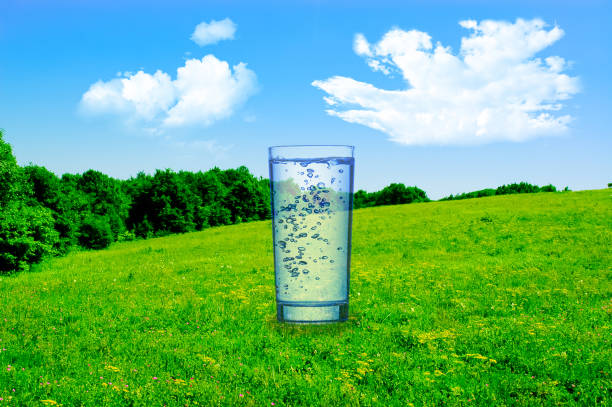 Common faults and solutions of reverse osmosis ultrapure water equipment
Common faults and solutions of reverse osmosis ultrapure water equipment
Jul .16.2024
Reverse osmosis ultrapure water equipment is a device used to remove impurities and pollutants in water, but it will inevitably encounter some problems during normal operation and use. How should these problems be solved?
The following are some common pure water machine problems and corresponding solutions:
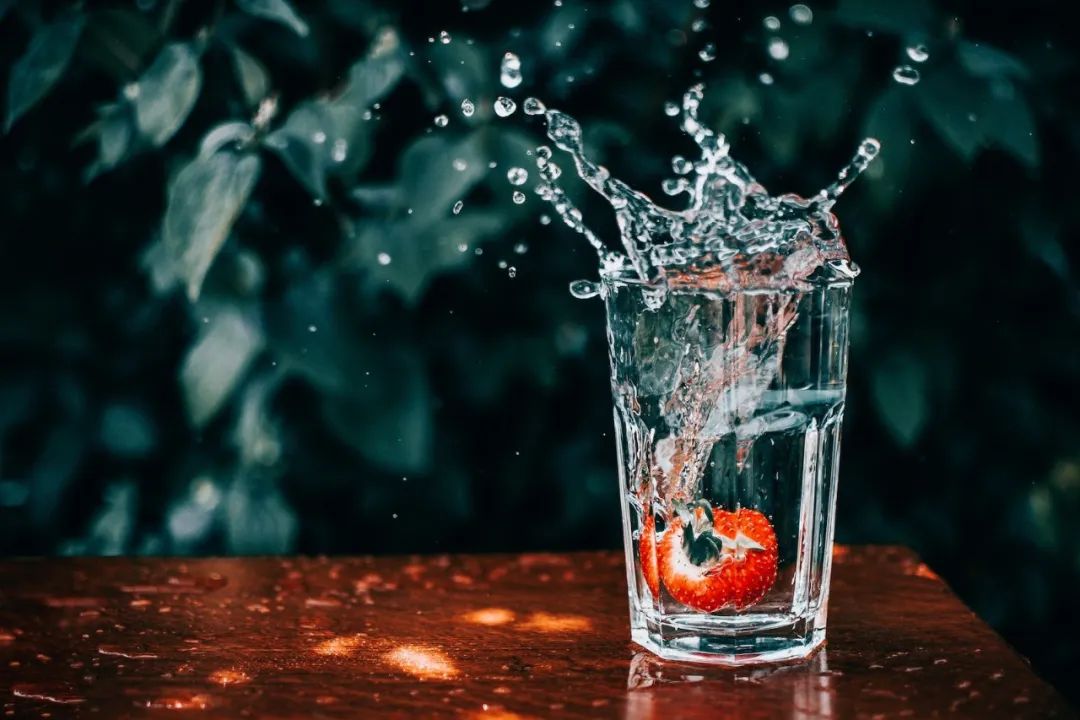 Let you understand the principles and advantages of high-efficiency water purification equipment in one minute! ! !
Let you understand the principles and advantages of high-efficiency water purification equipment in one minute! ! !
Jul .15.2024
Hello everyone, today Susan is here to answer some questions about water treatment equipment. I hope it can be helpful to you.
High-efficiency water purification equipment is a device that uses physical, chemical or biological methods to remove harmful substances and impurities in water.
It can effectively improve the quality and safety of water, allowing us to drink clear, pure and healthy water.
So, how does high-efficiency water purification equipment work? What are its advantages? How to choose suitable water purification equipment? Next, Susan will answer them one by one for you.
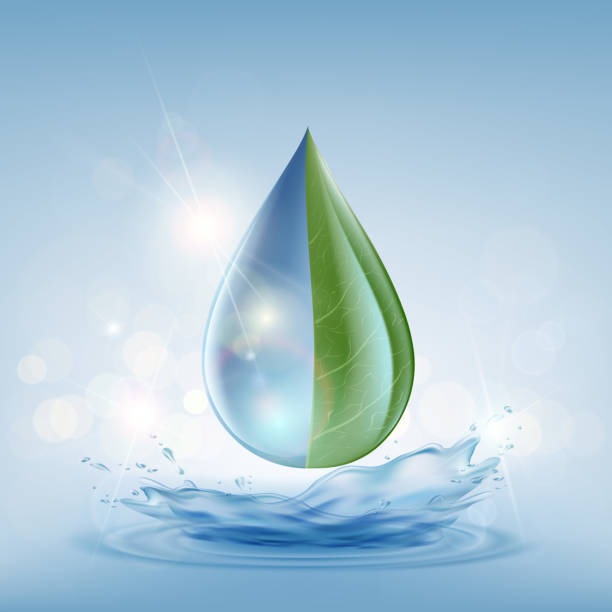 How to choose a water purifier? Remember "5 to buy and 4 not to buy" to avoid pitfalls and waste of money
How to choose a water purifier? Remember "5 to buy and 4 not to buy" to avoid pitfalls and waste of money
Jul .12.2024
How to choose a water purifier? Remember "5 to buy and 4 not to buy" to avoid pitfalls and waste of money
I used to think that the tap water at home was quite clean, until I used a bucket to collect water after the water was cut off, and then I found out that I was wrong!
It turns out that the difference is so big, and they all taste the same! Then I started my shopping journey, and installed 3 in total (of course, the pipes are not very complicated), and summarized the following experiences.
For water purifiers, my personal opinion is: there are 4 types not to install, and 5 types to buy.
This is by no means misleading, but a lesson learned from changing 3 units.
 If the following 5 conditions occur in the water coming out of the water purifier, can we still drink it? Don't be careless,!!!
If the following 5 conditions occur in the water coming out of the water purifier, can we still drink it? Don't be careless,!!!
Jul .10.2024
Household water purifiers are now being used more and more.
It can be said that at this stage, nine out of ten friends who are renovating their homes will consider installing water purifiers.
It can also be seen from this that water purifiers have become a necessity in our lives.
However, for most of our families, we don’t know much about some of the situations of water purifiers.
And water purifiers may have some abnormalities in daily use. These abnormalities should arouse our vigilance.
If the water purifier has these abnormalities, can it still be drunk? Don’t be careless, these situations should arouse vigilance.
Susan shares this article: Abnormal water output of water purifiers. The full text is divided into five parts: water with bubbles; water output is white; water output is sweet; water output is turbid; water output has a strange smell.


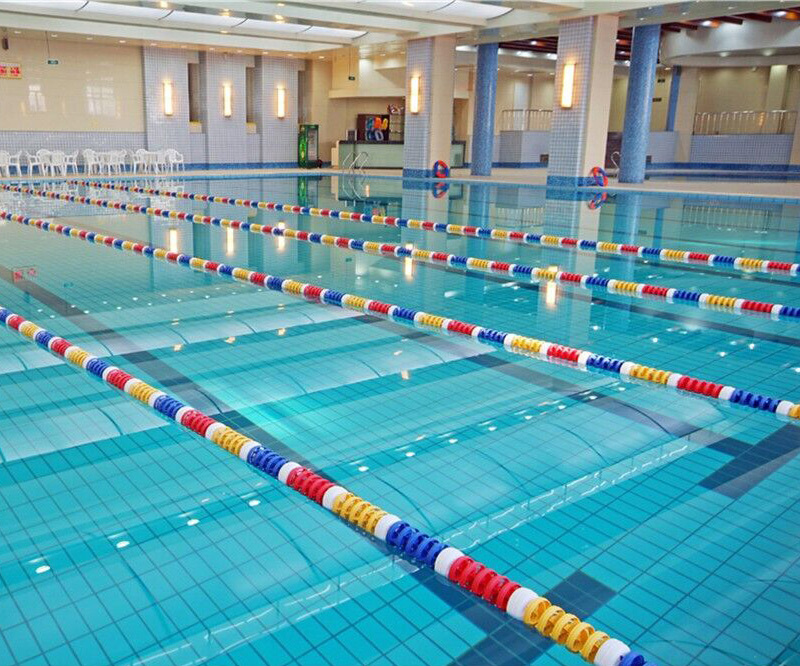






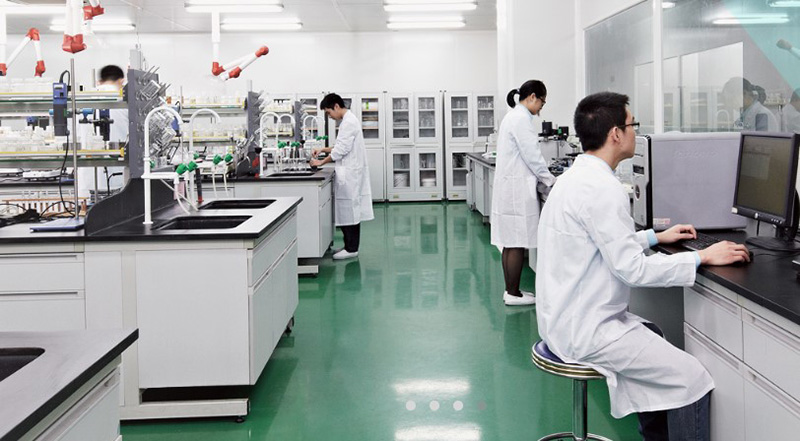
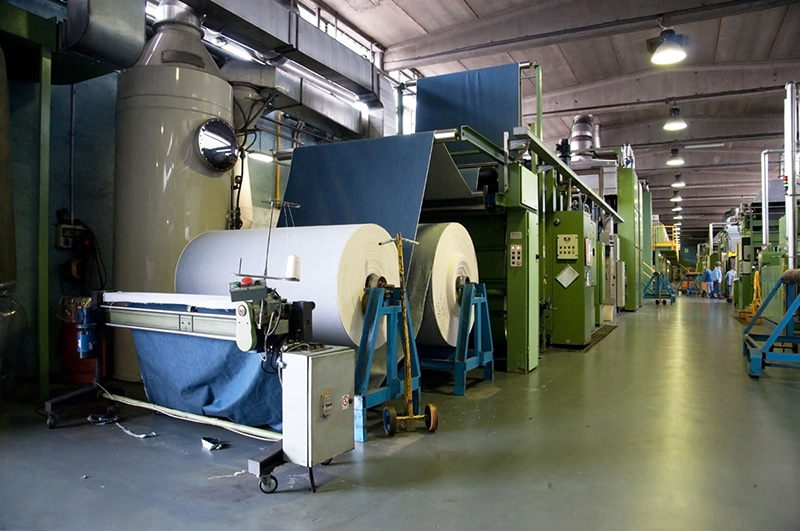

 Common faults and solutions of reverse osmosis ultrapure water equipment
Common faults and solutions of reverse osmosis ultrapure water equipment
 Let you understand the principles and advantages of high-efficiency water purification equipment in one minute! ! !
Let you understand the principles and advantages of high-efficiency water purification equipment in one minute! ! !
 How to choose a water purifier? Remember "5 to buy and 4 not to buy" to avoid pitfalls and waste of money
How to choose a water purifier? Remember "5 to buy and 4 not to buy" to avoid pitfalls and waste of money
 If the following 5 conditions occur in the water coming out of the water purifier, can we still drink it? Don't be careless,!!!
If the following 5 conditions occur in the water coming out of the water purifier, can we still drink it? Don't be careless,!!!